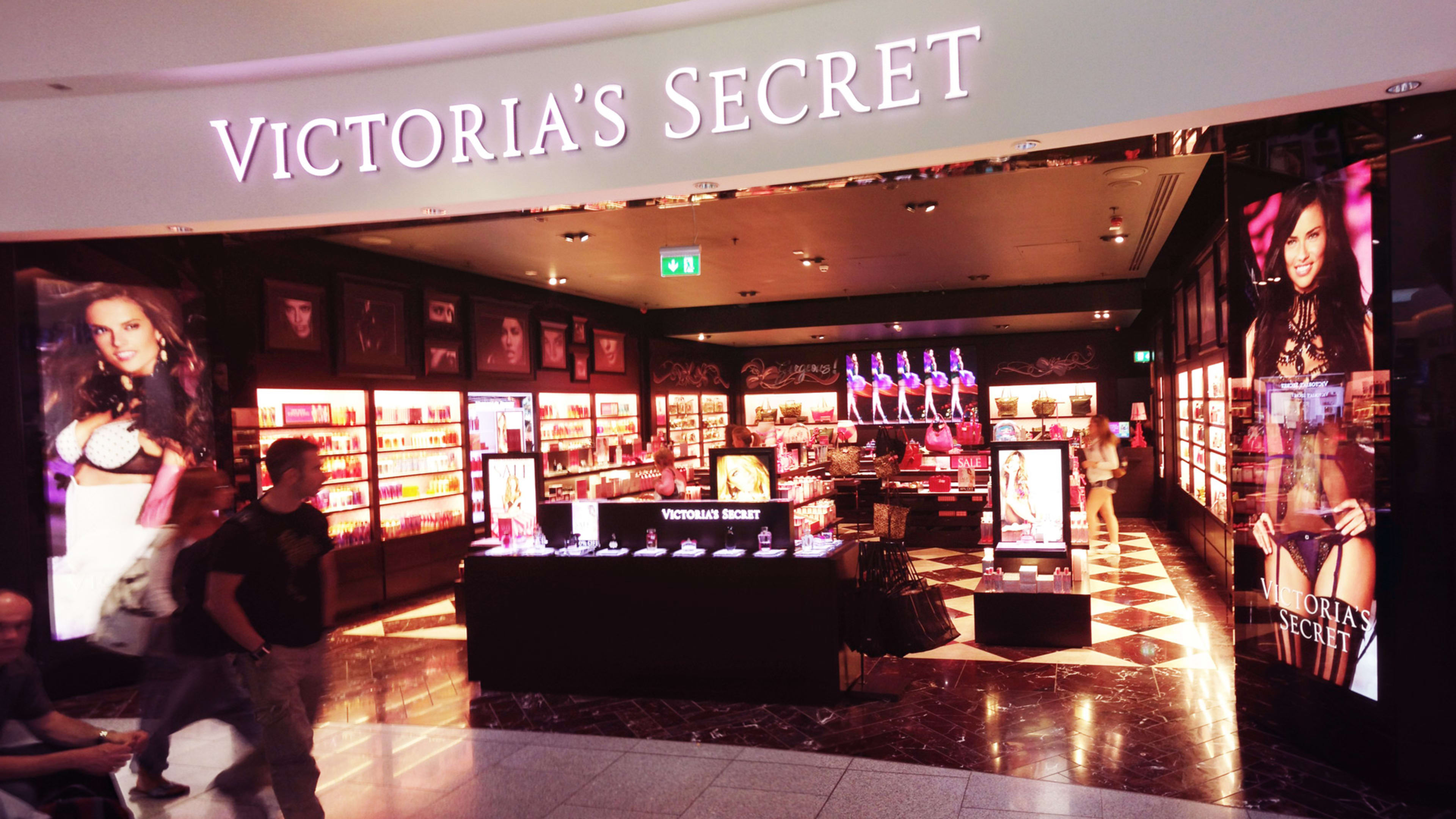In a world where Bill Cosby is convicted of sexual assault and Harvey Weinstein is universally shunned, how does a brand like Victoria’s Secret–which hinges on flaunting women’s sexuality–play with consumers?
Not well, according to new research by YouGov.
Data from YouGov’s BrandIndex shows that Victoria’s Secret’s brand has not been doing well within its target demographic of women aged 18 to 49. The company tracks whether consumers are hearing positive or negative things about a brand through news, advertising, and friends and family. In 2016, it had a score of 31, but today, this figure has gone down to 23. Fewer women from this demographic say they are buying from the brand now, compared to five years ago. And this is consistent with the latest earnings report from Victoria’s Secret’s parent company, L Brands, which shows declining sales.
All of this makes sense. Victoria’s Secret’s imagery continues to feature supermodels wearing racy lingerie and smiling coyly at the camera. The brand’s biggest event of the year is its fashion show where models–known as angels–wear blinged-out bras and enormous wings on the catwalk in front of an audience of men and women. As much as Victoria’s Secret and various participating models have tried to rebrand the show as empowering to women, tomes have been written about how anti-feminist it is, and how it nudges women into feeling like being sexy to men is important.
Even as the brand’s sales decline, many underwear startups are hitting the market with a very different message. Brands like Lively, MeUndies, ThirdLove, and Evelyn & Bobbie have focused on comfort and innovation, rather than sexiness. Younger consumers, in particular, seem more excited by the idea of feeling good in their own skin than looking sexy in a rigid push-up bra.
We reached out to Victoria’s Secret for a comment and will update if we hear back.
Recognize your brand’s excellence by applying to this year’s Brands That Matter Awards before the early-rate deadline, May 3.
